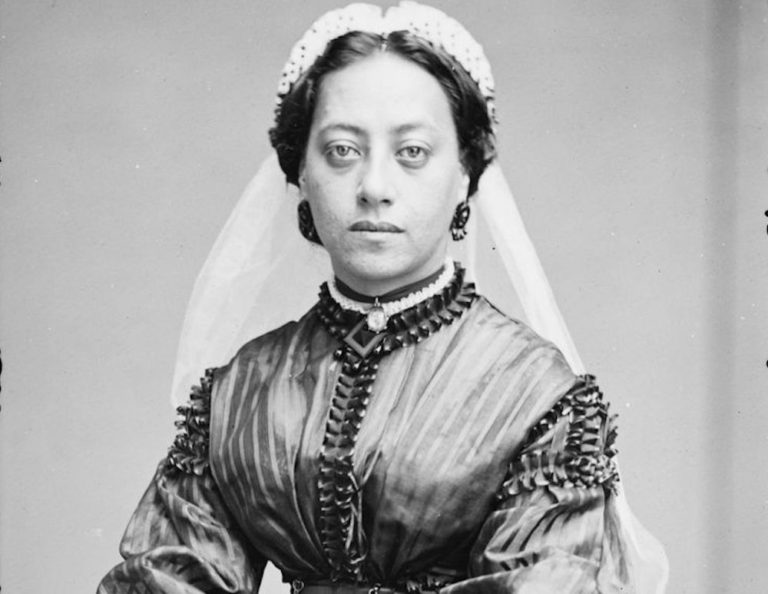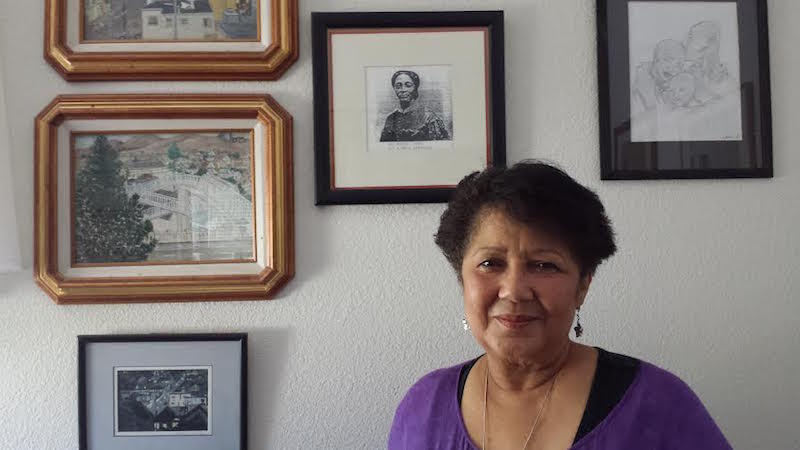William Alexander Leidesdorff: Forgotten San Francisco PioneerPosted in Articles, Biography, History, Media Archive, United States on 2018-04-24 17:53Z by Steven |
William Alexander Leidesdorff: Forgotten San Francisco Pioneer
San Francisco Travel
2014-08-22
Cindy Hu
Financial district hotshots pass by tiny Leidesdorff Street, hardly more than an alley, and few can pronounce its name. Little do they know that the namesake of this charming hitching post-lined lane blazed the trail for them some 150 years ago. Fewer still realize he was the city’s first prominent businessman of black ancestry.
William Alexander Leidesdorff was born the son of Alexander Leidesdorff, a drifting Danish seaman, and a mulatto woman on St. Croix Island in the West Indies. The child was given Danish citizenship, though his father never shared in the raising of young William. However, an English plantation owner grew fond of the young boy and saw to his care and education.
When Leidesdorff grew into a strapping young man, the Englishman sent him to New Orleans to live with the planter’s brother and to become a cotton merchant. Leidesdorff and the mercantile industry were a perfect fit. He quickly learned the industry and built a reputation as a keen businessman. When the Englishman and his brother suddenly died, just months apart, Leidesdorff fell heir to their New Orleans estate.
When he was not managing the estate, the striking, young and wealthy Leidesdorff courted a southern belle named Hortense, whose prominent family claimed membership in New Orleans’ high society and whose lineage heralded back to Louis XIV of France. Keeping his mixed ancestry secret, Leidesdorff became engaged to the blonde, fair-skinned Hortense…
Read the entire article here.




